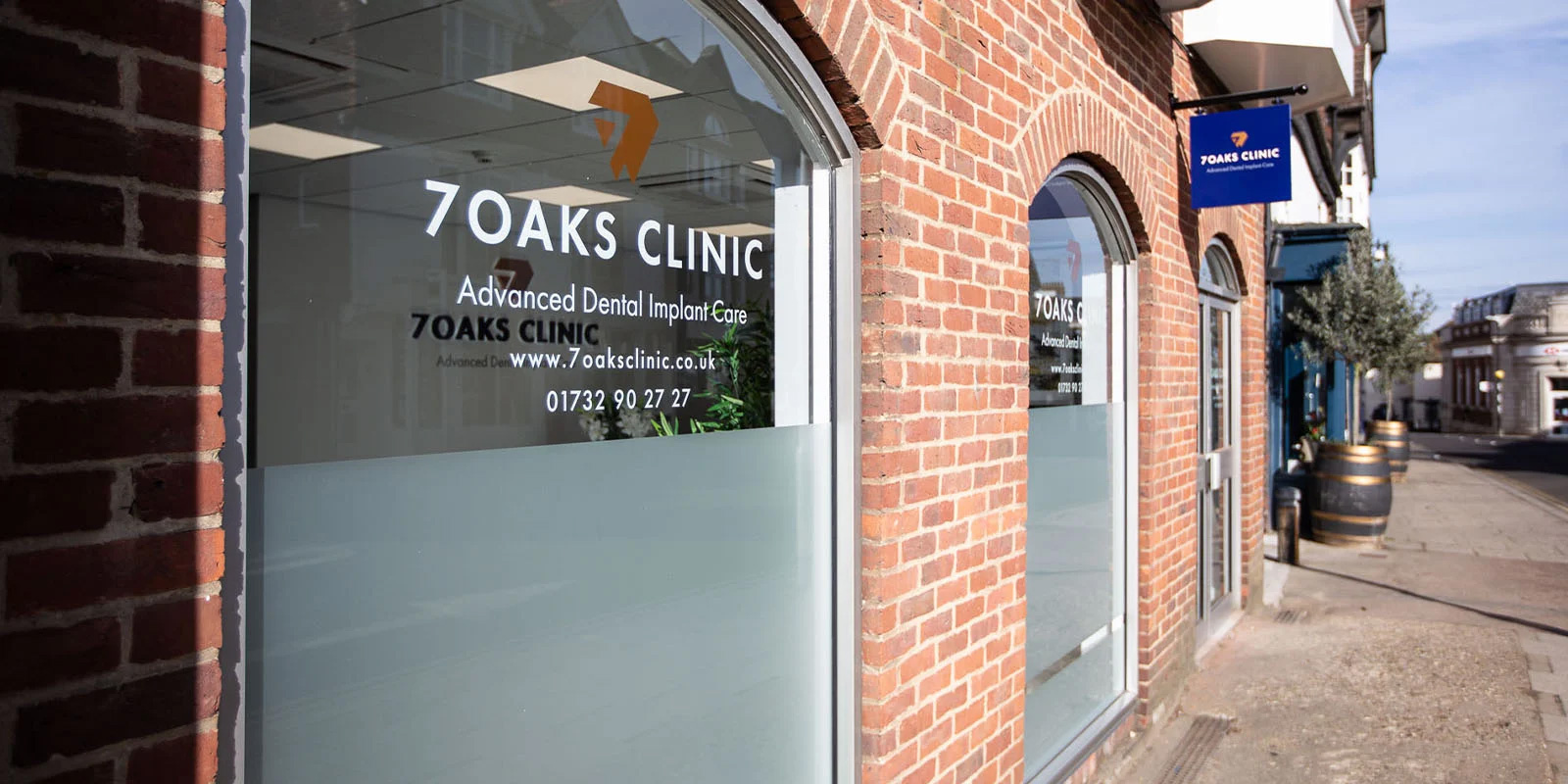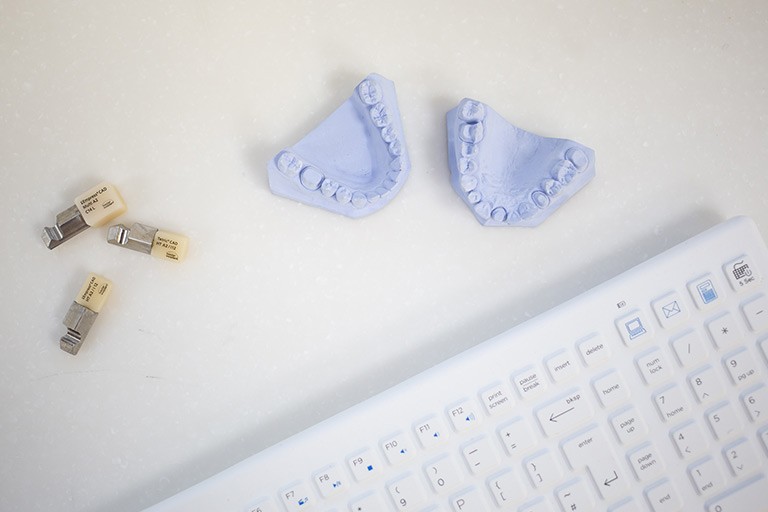
7oaks Clinic Blog features news and industry insight around dental implants and dental implant technology

Published by 7oaksclinic blog on 18 May 2022 10:10 am

Proper tooth cleaning can make the difference in achieving long-lasting dental health, as well as helping to keep your mouth and gums healthy too. The simplest thing you can do, according to NHS dental advice, is to brush your teeth twice a day using fluoride toothpaste – however, proper brushing and tooth cleaning can go further and help to deal with, or prevent, a multitude of issues.
Why is Proper Tooth Cleaning Important?
Tooth brushing is a great way of dealing with plaque! Tooth brushing stops plaque building up – plaque is a film of bacteria that coats your teeth if you don’t brush them properly, and a build-up of plaque can be a leading cause of gum disease. Brushing your teeth properly and regularly is the best way to remove this and avoid plaque building up, which can also lead to tooth decay!
Tips For Proper Tooth Cleaning
As a general rule you should be brushing your teeth twice a day, with one of those times being just before you go to sleep at night. Going to sleep with plaque on your teeth can allow plaque to calcify – and once calcified, you can’t remove it with normal brushing, instead requiring removal by a dentist or hygienist.
It doesn’t matter whether you use an electric or manual toothbrush – They’re both equally good at removing plaque and properly cleaning your teeth, as long as you brush all the surfaces of all your teeth and you use fluoride toothpaste, although some people find it easier to clean their teeth thoroughly with an electric toothbrush. For most adults, a toothbrush with a small head and a compact, angled arrangement of long and short round-end bristles is fine, and NHS advice suggests that medium or soft bristles are best for most people.
Make sure you clean all the surfaces of all your teeth, which should take about 2 minutes, including the inside surfaces, outside surfaces and the chewing surfaces of your teeth. Children may need to be helped or supervised brushing their teeth to make sure that they also hit all the right spots. Rinsing your mouth immediately after brushing is also a bad idea, as it’ll wash away the concentrated fluoride in the remaining toothpaste – reducing the preventative effects of the fluoride, and how effective your tooth brushing is.
Mouthwash can also be a popular solution to dental hygiene and proper tooth cleaning, but should still be used in tandem with regular brushing to achieve proper plaque removal. Using a mouthwash that contains fluoride can also help to prevent tooth decay – but don’t use mouthwash (even a fluoride one) straight after brushing your teeth or it’ll wash away the concentrated fluoride, just like rinsing your mouth straight after brushing can.
Lifestyle Tips
A healthy lifestyle, including everything from exercising and eating well to not smoking and limiting your alcohol intake, can have a big affect on your dental health and how effective proper tooth cleaning can be, helping to form part of proper dental care for your teeth, gums and mouth.
One key to a healthy diet and for healthier teeth is the reduction of sugar, particularly what experts call ‘free sugar’ (or sugar which isn’t naturally occurring in the food – Sugar found naturally in milk, fruit and vegetables does not count as ‘free sugar’).
Limiting the amount of sugar you eat and drink is vitally important in preventing tooth decay. Sugars can be avoided by reducing intake of foods and drinks such as sweets, chocolate, cakes and biscuits, sugary drinks (including soft drinks, fizzy drinks, milky drinks with added sugar, and alcohol) fruit juice (including unsweetened fresh fruit juice and smoothies), sugary breakfast cereals, jams, marmalades, honey and syrups, ice cream and sorbets, dried fruit or fruit in syrup, syrups and sweet sauces.
Whilst we hope this article helps inspire you to adapt your tooth care regime, if these top tips aren’t adhered to, it is likely you will need restorative services from 7oaks Clinic.
Our treatments are affordable and you can read our patient stories to see some examples of patients who have had dental implants to rectify issues caused by poor dental.